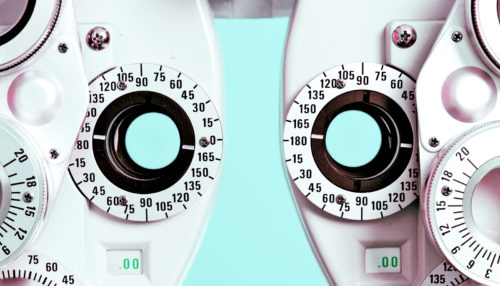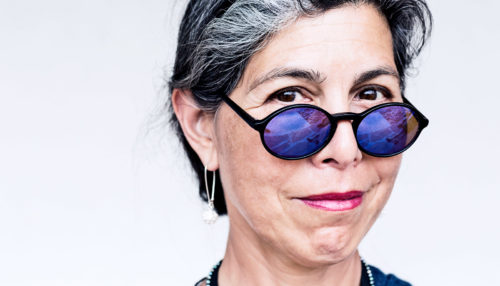By Richard Feldman
One of the University’s greatest strengths is its ability to tap into the expertise from all parts of the institution. When the Del Monte Institute for Neuroscience announced this week the availability of up to 14 pilot project awards for developing clinical trials and advancing our treatment and understanding of autism, Alzheimer’s disease, and critical brain functions, it struck me how well these funding opportunities support the interdisciplinary and collaborative nature of our neuroscience initiatives. I also think it’s a clear indication of the ways we work together every day to fulfill the University’s mission.
Created in 2009, the institute has been instrumental in bringing together neuroscience and related research at the Medical Center and the River Campus. All told, there are 16 departments and centers at Rochester that are involved with the discipline, including Brain & Cognitive Sciences, Biology, Computer Science, Neurology, Neurosurgery, and Optics. That interdisciplinary work and our history in the field have helped make Rochester a clear leader in neuroscience, and have helped sharpen our focus and further critical research into Alzheimer’s and intellectual and developmental disabilities such as autism and dyslexia.
Perhaps one of the most recent signals that Rochester’s neuroscience research and initiatives are among the top in the world is our inclusion in the Adolescent Brain Cognitive Development Study. Better known as ABCD, the $300 million study is said to be the largest ever of its kind and will follow the behavioral and biological development of more than 10,000 children across the United States. Congratulations to John Foxe, the director of the Del Monte Institute and principal investigator of the URMC portion of the ABCD Study and his team for this notable achievement. The University of Rochester is proud to be among the 21 institutions selected, and I am confident that our participation will make us part of the national dialogue around brain, cognitive, and mental health for decades to come.
There is little question that in those decades, we will continue to see remarkable advances in technology and new methods of medical treatment. The team at the Del Monte Institute and its partners are offering us a glimpse of that future. Their next-generation work to advance ways to leverage virtual reality to map brain functions is truly cutting edge, and our research and trials of wearable sensors that transmit vital health data from a person sitting at home to a physician’s office or hospital are shaping the emerging world of telemedicine.
It’s that collegial cross-departmental approach that is a cornerstone of the Rochester experience. Our collaborative efforts have created leaders in optics, education, and laser technology, and it is an important reason why our neuroscience program is ranked 40th in the world, and out of that list, 19th in the US. More importantly, it’s the spirit that drives us to search for answers, discover new solutions, and tirelessly pursue our education mission.
Spotlight on Neuroscience
Researchers at Rochester are using state-of-the-art technology to explore new methods for diagnosing neurological conditions, treating life-threatening diseases, and understanding some of the most complex functions of the human brain.
 Harnessing the immune system to fight Alzheimer’s
Harnessing the immune system to fight Alzheimer’s Rapid eye movements could indicate autism
Rapid eye movements could indicate autism Direct stimulation restores some motor functions
Direct stimulation restores some motor functions Retraining the brain to see after stroke
Retraining the brain to see after stroke Situating schizophrenia as a sensory disorder
Situating schizophrenia as a sensory disorder Hearing test might identify autism risk
Hearing test might identify autism risk
Welcome to Words from Wallis Hall. This regular communication from President Feldman will serve as an ongoing opportunity to share important updates on the University’s efforts to strengthen a culture of respect, and to keep the campus community informed of people and programs that make Rochester a world-class institution.

 Harnessing the immune system to fight Alzheimer’s
Harnessing the immune system to fight Alzheimer’s Rapid eye movements could indicate autism
Rapid eye movements could indicate autism Direct stimulation restores some motor functions
Direct stimulation restores some motor functions Retraining the brain to see after stroke
Retraining the brain to see after stroke Situating schizophrenia as a sensory disorder
Situating schizophrenia as a sensory disorder Hearing test might identify autism risk
Hearing test might identify autism risk